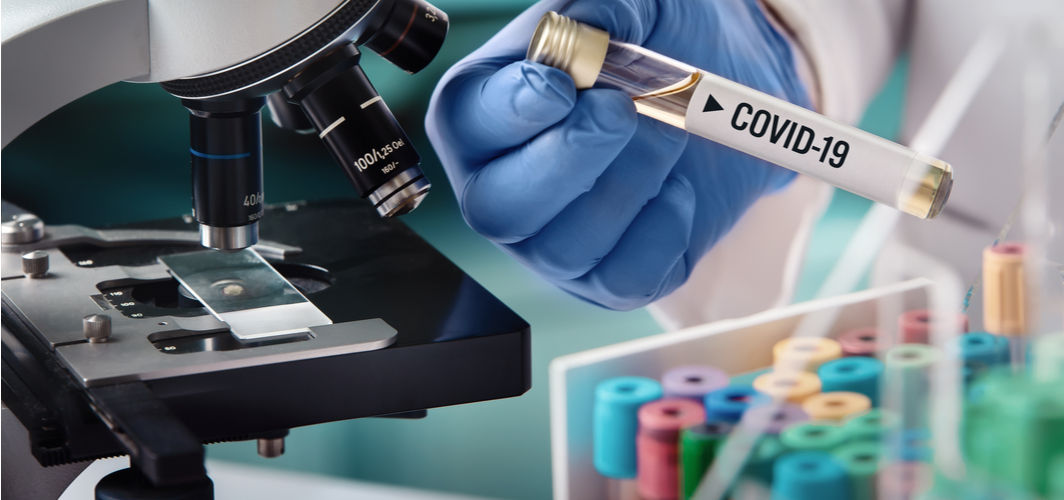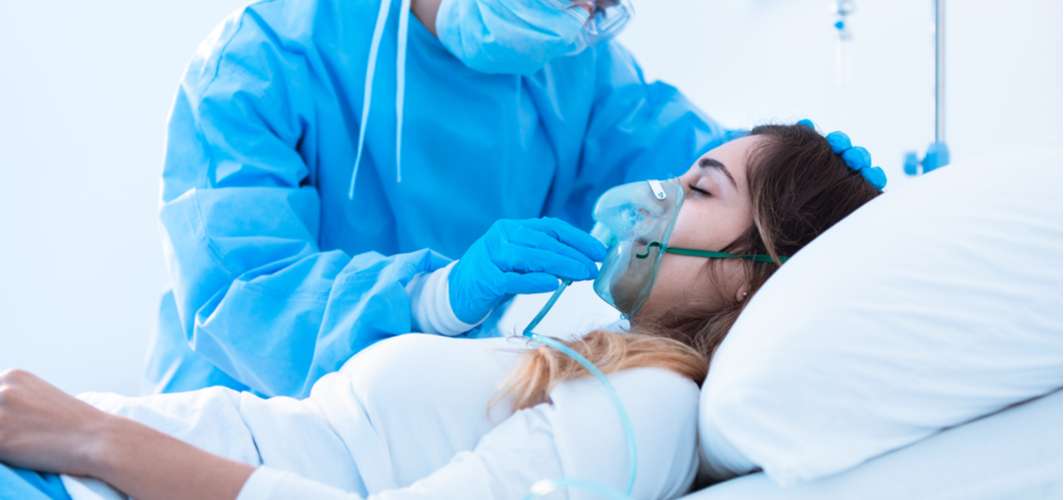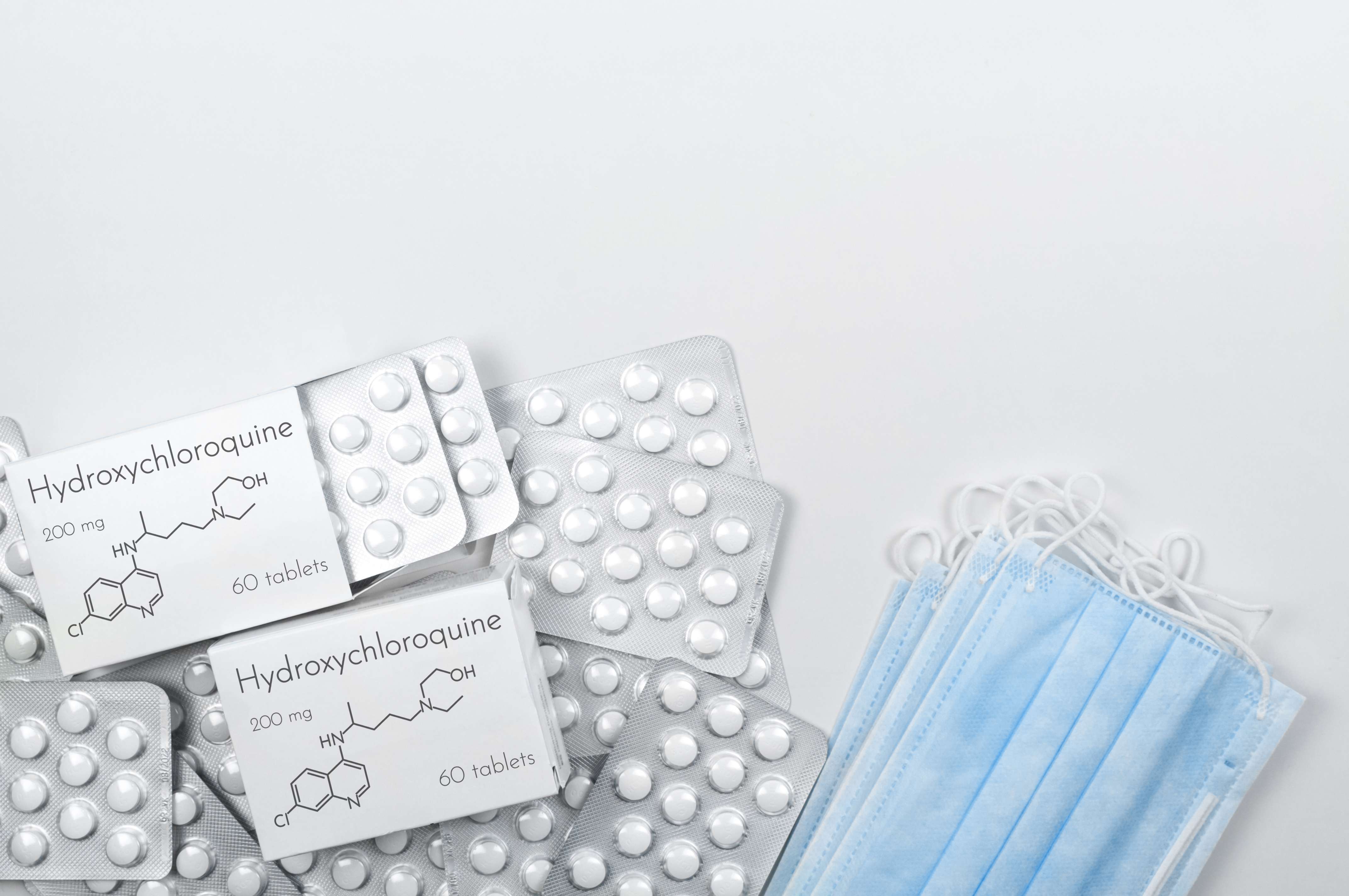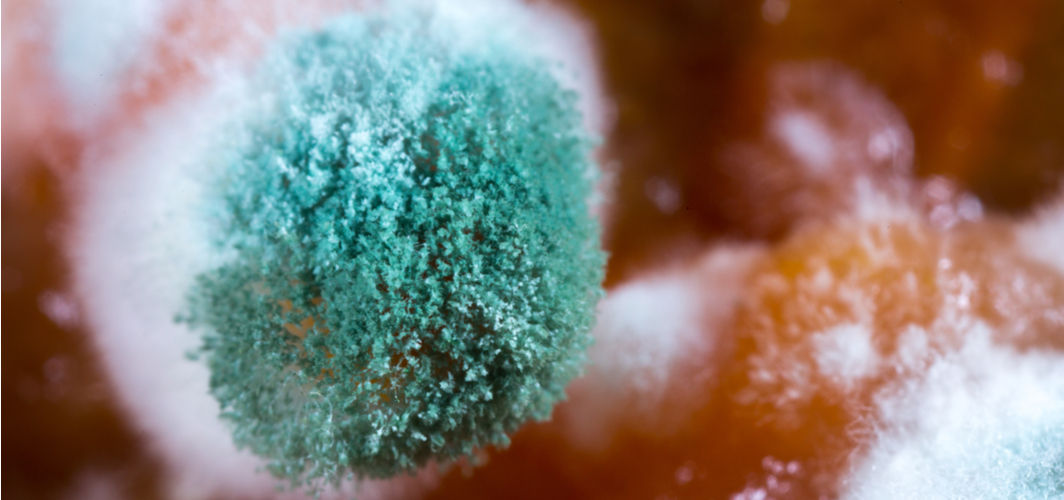Coronavirus Updates
All You Need to Know about COVID-19 Testing Kits in India
6 min read
By Apollo 24/7, Published on - 21 September 2020, Updated on - 18 October 2022
Share this article
0
7 likes

The SARS-CoV-2, the virus responsible for causing COVID-19, has so far affected 213 countries and territories around the world. To battle the pandemic, medical researchers around the globe have been working tirelessly developing vaccines, researching treatment options, and ramping up the availability of relevant medical products. One of the critical medical products that is of interest to many health regulatory bodies and the general population is the Coronavirus testing kits.
In this article, we will talk about the various kinds of tests available, the test kits approved for use in India, and how these test kits work.
What is the need for COVID-19 testing?
There are two main reasons why Coronavirus testing is crucial:
- To identify people infected with the virus so that they can be isolated to prevent the spread and treated accordingly.
- To understand the spread, prevalence, and contagiousness of the disease.
The other reason why testing for COVID-19 is important is to identify people who have been exposed to the virus (contact tracing) and offer them quick treatment.
In the broader public health picture, testing for antibodies (serology test) produced against the Coronavirus is done to understand the level of immunity in a community. Doctors are also exploring the use of these antibodies to treat severely ill COVID-19 infected people as a part of the treatment plan better known as convalescent plasma therapy.
Recommended Read: Is Convalescent Plasma Therapy a Promising Treatment for COVID-19?
What are the kinds of tests available for the Coronavirus?
Broadly, there are two types of tests available for COVID-19:
- Viral or diagnostic test: These tests reveal if you have an active Coronavirus infection. Diagnostic tests can further be of two types – molecular tests and antigen tests. Molecular tests (e.g. RT PCR tests) detect the genetic material of the virus while antigen tests detect specific proteins present on the virus’s surface.
- Antibody or Serology test: These tests reveal past Coronavirus infection by looking for antibodies. Antibodies are created by your immune system in response to an infection and may protect you from getting the same disease again (immunity). Antibody tests cannot detect if you currently are infected by the virus and hence, are only being used as a surveillance tool and not a diagnostic tool.
What are the types of COVID-19 tests done in India?
In India, the real-time Reverse Transcription Polymerase Chain Reaction or RT-PCR test is the standard test for detecting cases of COVID-19 due to its accuracy of detection as well as its ability to test 90 samples at a time. The RT-PCR test requires a specialized laboratory set up and takes 4 to 5 hours from sample receipt to obtaining the results.
Due to the specialized laboratory requirements, this test can be performed only at places with molecular virology facilities. Hence, for places where the RT-PCR test cannot be performed, testing is done through CBNAAT and TrueNat systems. Though these systems have a quick turnaround time of 30 to 60 minutes, they come with a limitation – they can test only 3 to 4 samples at a time.
As of now, there are 1,000 COVID-19 testing labs (RT-PCR – 557, CBNAAT – 80, and TrueNat – 363) that have been approved by the ICMR. Despite this, access to testing in India is still a challenge due to its large population. Hence, the ICMR has approved the use of rapid antigen detection tests for COVID-19. These tests can help in the early detection and quick containment of COVID-19.
When can Antigen-based COVID-19 tests be done?
Due to its moderate sensitivity, antigen detection tests should be followed by an RT-PCR test when the results of the former tests negative for the virus but the individual shows COVID-19 symptoms. Antigen-based COVID-19 testing is recommended in the following settings:
- All government (state and central) and private hospitals and medical colleges.
- All containment zones identified by the state governments.
- All private hospitals approved by the National Accreditation Board for Hospitals & Healthcare (NABH).
- All private labs accredited by the National Accreditation Board for Laboratories (NABL) and approved by ICMR as COVID-19 testing labs.
Types of Antigen-based COVID-19 test kits in India
So far, 24 antigen test kits have been evaluated by the ICMR out of which 3 antigen test kits have been approved for use. They have been listed below:
- COVID-19 Antigen Lateral Test Device of Lab Care Diagnostics Ltd. (India)
- STANDARD Q COVID-19 Ag of SD Biosensor
- COVID-19 Ag Respi-Strip of CorisBioConcept (Belgium)
While COVID-19 Antigen Lateral Test Device and STANDARD Q COVID-19 Ag can be performed bedside, the COVID-19 Ag Respi-Strip requires a specialized setup.
How do Antigen detection test kits work?
The COVID-19 Antigen Lateral Test Device and STANDARD Q COVID-19 Ag tests follow the same procedure which is as follows:
- Nasopharyngeal swab is collected using the customized sample collection swab which comes with the kit. The test does not work if samples are collected using other swabs.
- The swab is then immersed in the viral extraction buffer provided with the kit.
- Once the sample is mixed properly with the buffer, the buffer tube cap is replaced with a nozzle provided with the kit.
- Then 2 to 3 drops of the sample with buffer are put into the well of the test strip.
- After 15 minutes, the results can be interpreted by the appearance of test and control lines. The results can be viewed with the naked eye.
- The test strip is discarded and stored between 2 to 30 degree Celsius.
The COVID-19 Ag Respi-Strip of CorisBioConcept has a different methodology of use:
- Nasopharyngeal/ Oropharyngeal swab is collected from the COVID-19 suspected case in viral transport medium (VTM).
- The sample collected is taken to the laboratory in cold chain conditions.
- Once at the lab, the sample is put in a lysis buffer and then loaded into the test strip. All of this happens inside a BSL-2 level cabinet.
What are the types of Antibody test kits available?
As mentioned earlier, the antibody test is carried out only for surveillance (serosurveys) and under the following situations:
- To understand the extent of the population exposed to COVID-19, including asymptomatic individuals. This can help policymakers while drafting guidelines for public safety.
- To understand the extent of risk in vulnerable populations such as frontline/healthcare workers, individuals in containment zones, etc.
Only two antibody tests have been approved by the ICMR for conducting serosurveys:
- IgG based ELISA test
- CLIA assays
As of now, there are 19 IgG ELISA/CLIA COVID-19 kits (out of 142 kits) that have been validated as satisfactory by the ICMR.
Conclusion
Many Coronavirus testing kits are being developed in India and globally to combat the growing number of COVID-19 cases. These tests can detect active as well as past infections and are being relied on by health officials to understand the behaviour and the prevalence of the Coronavirus. The data from these tests can offer significant insights needed to stop or slow the progression of the disease.
For any questions relating to Coronavirus, do an online doctor consultation with our team of experts.
Coronavirus Updates
Leave Comment
Recommended for you

Coronavirus Updates
How Can Pregnant Women Protect Themselves from a Potential Third Wave of COVID-19?
Several studies have shown that COVID-19 infection during pregnancy can not only affect the health of the pregnant woman but also increase the risk of severe diseases in the fetus.

Coronavirus Updates
Why Do Some COVID-19 Patients Require Oxygen Therapy?
Due to inflammation and infection in the lungs, some people suffering from severe COVID-19 infection develop hypoxemia (low oxygen levels in the blood) and require medical oxygen to restore the oxygen saturation of the body.

Coronavirus Updates
Is Hydroxychloroquine a cure for COVID-19?
There are no treatments available for the Coronavirus presently. However, doctors are trying out various treatment options one of which is the use of Hydroxychloroquine, an anti-malarial drug.
Subscribe
Sign up for our free Health Library Daily Newsletter
Get doctor-approved health tips, news, and more.
Visual Stories

Decoding India’s Fungal Epidemic Triggered by COVID-19
Tap to continue exploring
Recommended for you

Coronavirus Updates
How Can Pregnant Women Protect Themselves from a Potential Third Wave of COVID-19?
Several studies have shown that COVID-19 infection during pregnancy can not only affect the health of the pregnant woman but also increase the risk of severe diseases in the fetus.

Coronavirus Updates
Why Do Some COVID-19 Patients Require Oxygen Therapy?
Due to inflammation and infection in the lungs, some people suffering from severe COVID-19 infection develop hypoxemia (low oxygen levels in the blood) and require medical oxygen to restore the oxygen saturation of the body.

Coronavirus Updates
Is Hydroxychloroquine a cure for COVID-19?
There are no treatments available for the Coronavirus presently. However, doctors are trying out various treatment options one of which is the use of Hydroxychloroquine, an anti-malarial drug.